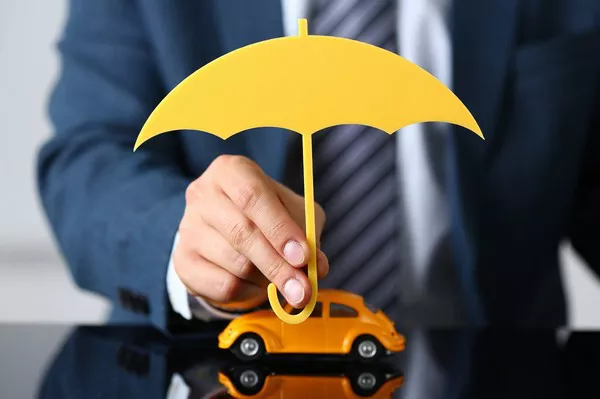Car insurance is not just a financial safeguard; it’s a legal requirement in most places. Failing to pay your car insurance premiums can lead to serious consequences and potentially costly scenarios. In this comprehensive guide, we’ll explore what happens when you don’t pay your car insurance, including the risks, legal consequences, and practical challenges that can arise.
1. The Immediate Consequences of Lapsed Coverage
Allowing your car insurance to lapse can result in a series of immediate and long-term consequences:
Coverage Lapse: The most immediate consequence is the loss of insurance coverage for your vehicle. This means that if an accident or unexpected event occurs while you are without insurance, you may be personally responsible for all expenses, including vehicle repairs and medical bills.
Legal Penalties: Driving without insurance is illegal in most jurisdictions. If you’re caught driving without insurance, you can face legal penalties, including fines, the suspension of your driver’s license, and even the impoundment of your vehicle. These penalties can vary from one jurisdiction to another, so it’s essential to understand the local laws in your area.
2. Long-term Implications of Letting Your Car Insurance Lapse
The consequences of not paying your car insurance extend beyond the immediate impact. Here are some of the long-term implications:
Difficulty Obtaining Insurance in the Future: Insurance companies often view individuals with a lapse in coverage as high-risk clients. When you do apply for insurance in the future, you may face higher premiums or limited coverage options. A history of lapses in insurance coverage can make you less appealing to insurers.
Financial Risks: In the absence of insurance, you’re exposed to significant financial risks. If you’re involved in an accident, you may be personally responsible for the costs of vehicle repairs, medical bills, and any damage or injuries caused to others. These expenses can be substantial and potentially lead to financial hardship.
3. Impact on Your Driving Record and Reputation
Letting your car insurance lapse can have repercussions that affect your driving record and reputation:
Damage to Your Driving Record: Driving without insurance can lead to negative marks on your driving record. In addition to the legal penalties, this can result in higher insurance premiums in the future. A tarnished driving record may also affect your ability to secure employment in certain industries, particularly those that involve driving.
Difficulty Registering Your Vehicle: In some areas, it may be challenging to register or renew the registration of your vehicle without proof of insurance. This can create practical inconveniences and lead to additional fines or penalties.
4. Uninsured Motorist Accidents and Limited Coverage
Not having car insurance can have critical implications if you’re involved in an accident with an uninsured or underinsured driver:
Limited or No Coverage for Uninsured Motorist Accidents: If you’re involved in an accident with an uninsured or underinsured driver and you don’t have uninsured motorist coverage, you may not be adequately compensated for your losses. Uninsured motorist coverage is an essential protection in such situations, but it’s only effective if you maintain your own insurance.
No Protection in Non-Accident Situations: Car insurance offers protection not only in the event of accidents but also in cases of theft, vandalism, natural disasters, and other unforeseen events. Without insurance, you have no financial protection in these situations, leaving you personally responsible for the resulting expenses.
5. What to Do If You Can’t Afford Car Insurance
If you’re facing financial difficulties and are unable to pay your car insurance premiums, there are better options than letting your insurance lapse:
Speak with Your Insurance Provider: Contact your insurance provider to discuss your situation. In some cases, they may offer options for adjusting your coverage or payment plans to make it more affordable.
Explore State Assistance Programs: Some states have assistance programs that can help low-income individuals access affordable car insurance.
Comparison Shopping: Consider shopping around for more affordable insurance options. You might find a plan that better fits your budget without sacrificing essential coverage.
Consider Public Transportation: In some cases, it may be more cost-effective to rely on public transportation while you address your financial challenges.
Conclusion
Prioritizing and maintaining your car insurance is crucial for financial protection, compliance with legal requirements, and avoidance of the negative consequences of driving without coverage. If you’re facing financial difficulties, there are proactive steps you can take to address your insurance needs without letting your coverage lapse. Always remember that car insurance is not just an expense; it’s an investment in your financial security and peace of mind.


